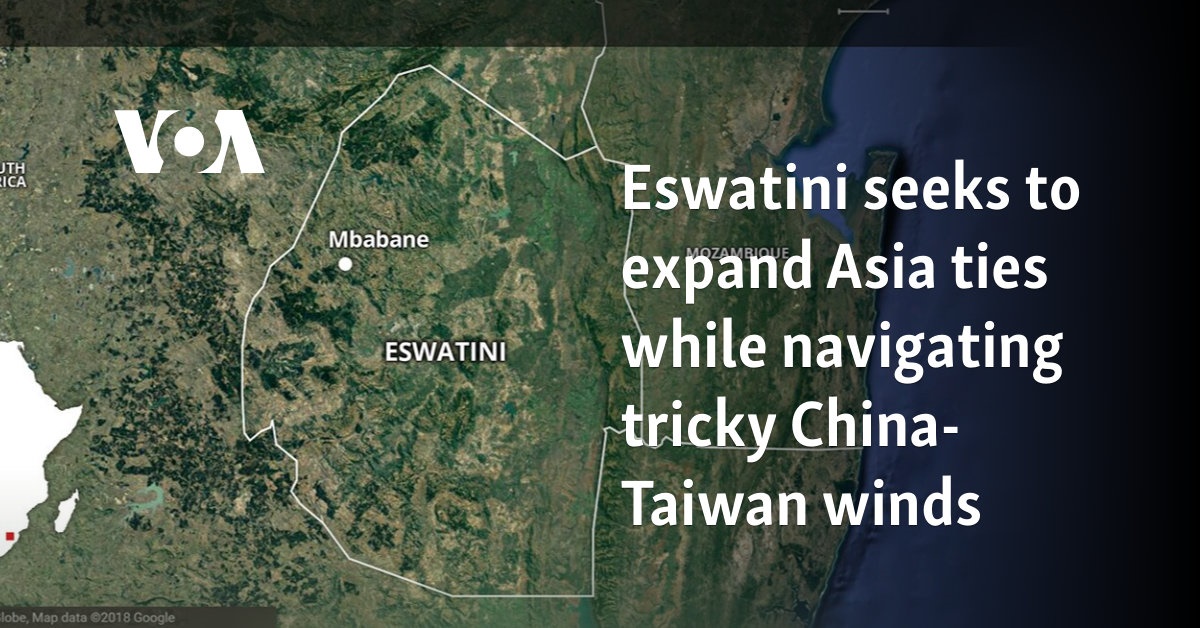Table of Contents
The conflict in Ukraine and its geopolitical significance
The conflict in Ukraine is rooted in the geopolitical theories of thinkers from a century ago, such as Mackinder, Mahan, and Spykman. Mackinder's theory suggested that control over Eastern Europe and Eurasia would lead to global dominance, a position that Russia currently holds. The West's expansion into Ukraine, particularly through NATO, is seen as an attempt to solidify its dominance in the European region, as well as a strategic move to counter Russia's influence. The economic significance of Ukraine, particularly its agricultural and industrial output, as well as its strategic location for trade and commerce, adds to its importance in the global power struggle.
The conflict between Russia and the West over Ukraine is also seen as a struggle for control over the seas and naval power, as well as a battle for dominance over the World Islands. The region between the Black and Baltic Seas is viewed as a gateway leading to the West and the East, and its control is crucial for both Russia and the West. Russia's recent actions, such as blockading Ukraine and establishing control over the Sea of Azov, reflect its efforts to secure its strategic security interests.
The conflict in Ukraine is a manifestation of the age-old struggle for power and dominance, shaped by geography and the theories of geopolitical thinkers from the past. The views expressed in this article are those of the author, an earth and space scientist, and do not necessarily reflect the views of Firstpost.
)







